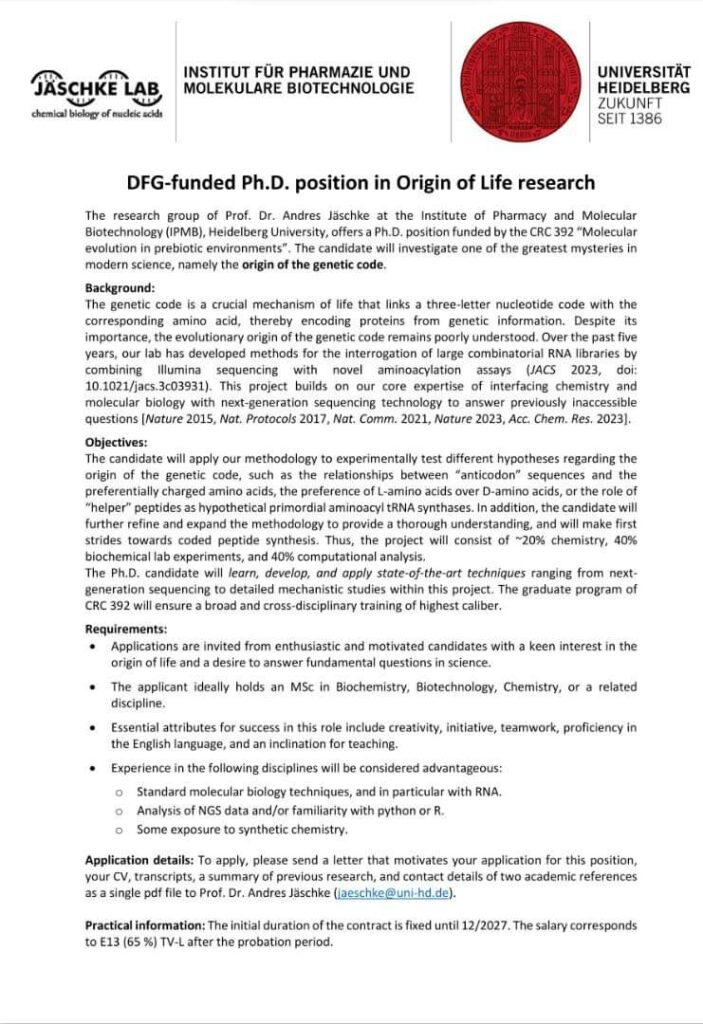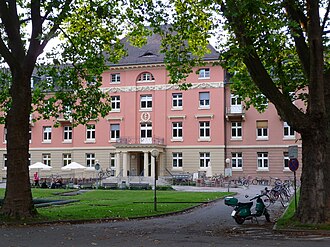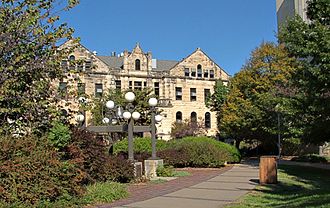Ph.D. Position in Origin of Life Research at Heidelberg University
Job Title: DFG-funded Ph.D. Position in Origin of Life Research
Institution: Jäschke Lab, Institute of Pharmacy and Molecular Biotechnology (IPMB), Heidelberg University
Location: Heidelberg, Germany
Job Description: The research group of Prof. Dr. Andres Jäschke at the Institute of Pharmacy and Molecular Biotechnology (IPMB), Heidelberg University, is offering a Ph.D. position funded by the CRC 392 “Molecular Evolution in Prebiotic Environments.” The successful candidate will investigate one of the greatest mysteries in modern science, namely the origin of the genetic code.
Background: The genetic code is a crucial mechanism of life that links a three-letter nucleotide code with the corresponding amino acid, encoding proteins from genetic information. Despite its importance, the evolutionary origin of the genetic code remains poorly understood. Over the past five years, our lab has developed methods for the interrogation of large combinatorial RNA libraries by combining Illumina sequencing with novel aminoacylation assays (JACS 2023, doi: 10.1021/jacs.3c03931). This project builds on our core expertise of interfacing chemistry and molecular biology with next-generation sequencing technology to answer previously inaccessible questions (Nature 2015, Nat. Protocols 2017, Nat. Comm. 2021, Nature 2023, Acc. Chem. Res. 2023).
Objectives: The candidate will apply our methodology to experimentally test different hypotheses regarding the origin of the genetic code, such as the relationships between “anticodon” sequences and the preferentially charged amino acids, the preference of L-amino acids over D-amino acids, or the role of “helper” peptides as hypothetical primordial aminoacyl tRNA synthases. Additionally, the candidate will further refine and expand the methodology to provide a thorough understanding and make the first strides towards coded peptide synthesis. Thus, the project will consist of 20% chemistry, 40% biochemical lab experiments, and 40% computational analysis.
Training and Development: The Ph.D. candidate will learn, develop, and apply state-of-the-art techniques ranging from next-generation sequencing to detailed mechanistic studies within this project. The graduate program of CRC 392 will ensure a broad and cross-disciplinary training of the highest caliber.
Requirements:
- MSc in Biochemistry, Biotechnology, Chemistry, or a related discipline.
- Creativity, initiative, teamwork, proficiency in English, and an inclination for teaching.
- Experience in standard molecular biology techniques, particularly with RNA, analysis of NGS data, and familiarity with Python or R, as well as some exposure to synthetic chemistry.
Application Details: To apply, please send a letter that motivates your application for this position, your CV, transcripts, a summary of previous research, and contact details of two academic references as a single PDF file to Prof. Dr. Andres Jäschke (jaeschke@uni-hd.de).
Practical Information:
- Initial contract duration: Until 12/2027.
- Salary: E13 (65%) TV-L after the probation period.
Contact Information: Prof. Dr. Andres Jäschke
Email: jaeschke@uni-hd.de
*Following is the full advertisement image provided.

For more scholarship and assistantship update visit : gradassistantship
Feature photo credit: Wikipedia
If you have any inquiries or concerns about the content posted on our website, please do not hesitate to reach out to us via email (info.gradassistantship@gmail.com).




